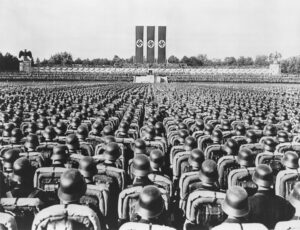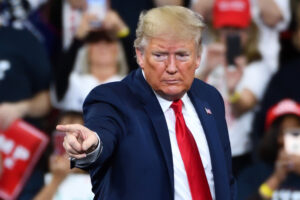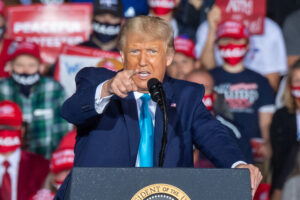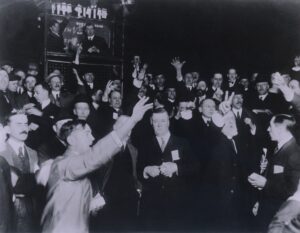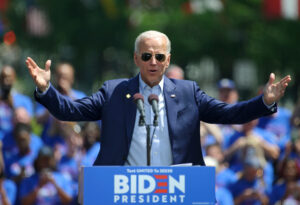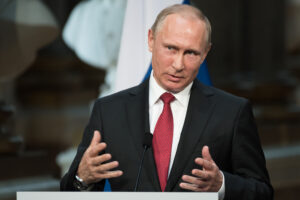
When it comes to American politics, anything is possible. One of the most intricate and long-lasting concepts is the Political Outsider. In fact, this “mechanism” has been used ever since the beginning of the country as it is. After 3 centuries of history, the concept is still alive and going. But why is it so relevant in modern times?
The concept and attraction of being a political outsider are not new, and there have been several men who had the label as such before being elected President. That was the case for Zachary Taylor, Andrew Jackson, and Dwight D. Eisenhower. However, they all had military experience before they were elected. Nevertheless, the political outsider is not reserved for presidential elections.
It can be seen in many candidates for Congress and Senate. If you are interested in this topic, keep on reading to learn more about the history of political outsiders.

What do American people think of political outsiders?
Back in 2018, Monmouth University conducted research to determine the likability of Americans voting for political outsiders. This research resulted from an interest in this concept, especially after the victory of Obama as the first black President in American history.
According to the study, more than half of Americans stated that they are more likely to support congressional candidates who are regarded as external politicians rather than long-term politicians. In this poll, a whopping 52% of respondents said they prefer outsiders, while only 25% said they prefer internal candidates.
It is to be noted that these interviewees indicated that they wanted outsiders but with some political experience. The same survey showed that over 60% of Americans said this is a must-have quality when running for a seat. So even though Americans seem to like voting for “outside politicians,” they want candidates with experience in the political arena.
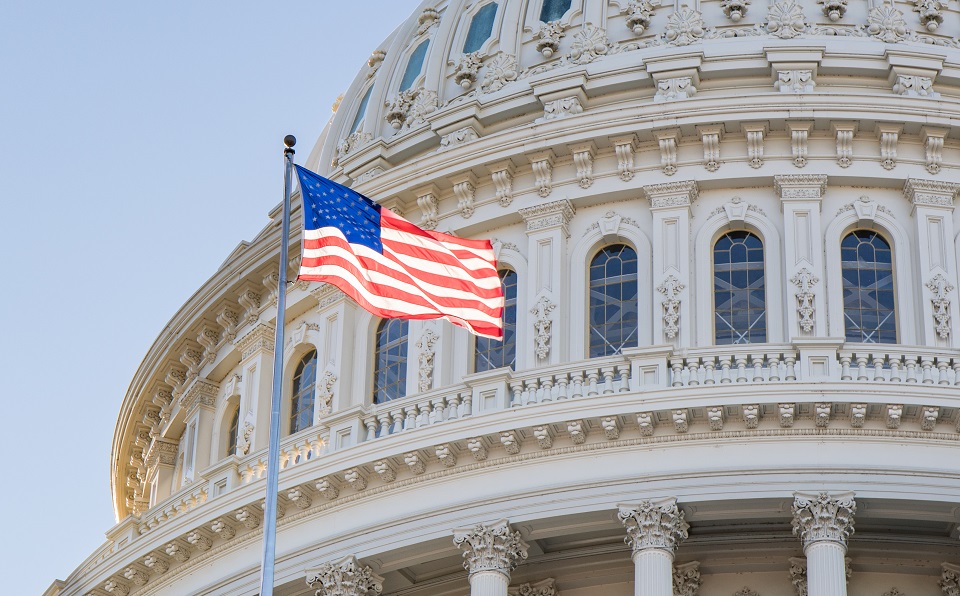
Is political experience a must-have to run for office?
Without political experience, it is still challenging to break into the upper echelons of the United States government. A review found that most U.S. presidents have backgrounds as vice presidents, governors, senators, or other governmental posts. In fact, when we take a look at history, only five presidents won the elections with no political experience, but four of them were generals.
The review states that, in total, nine candidates have been nominated for President with no political experience. In the past, a politician was a person who ran for office. But we continue to witness a fundamental change in the way people see the world’s politics.
Indeed, now people have turned this word into a nickname. In Washington, everyone is running for office, but no one referrers to themselves as politicians. As long as you choose them for a political position, they will be whoever you want them to be.
Who are the most prominent political outsiders in American history? There have been several political outsiders that made it all the way to the oval office, here we take a look at 8 of them.
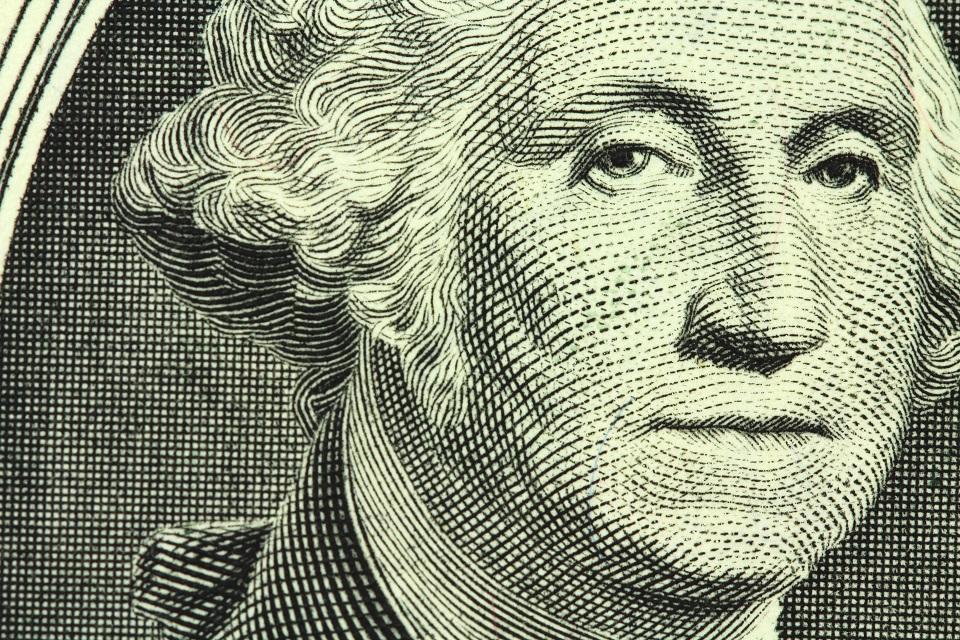
1. George Washington
In 1789, George Washington was sworn in as the first president of the United States when the presidential benchmark had not yet been established. He forged his legacy and planned the job of a future president as he thought he wasn’t uniquely qualified for the job. Before becoming President, Washington served as a representative of the Second Continental Congress in Philadelphia in May 1775.
The same institution elected him commander-in-chief of the Continental Army, leading the United States to victory over Britain. Later, Washington served as the prominent leader of the Constitutional Convention in 1787. When the new constitution was approved, Washington changed from a representative to a president.
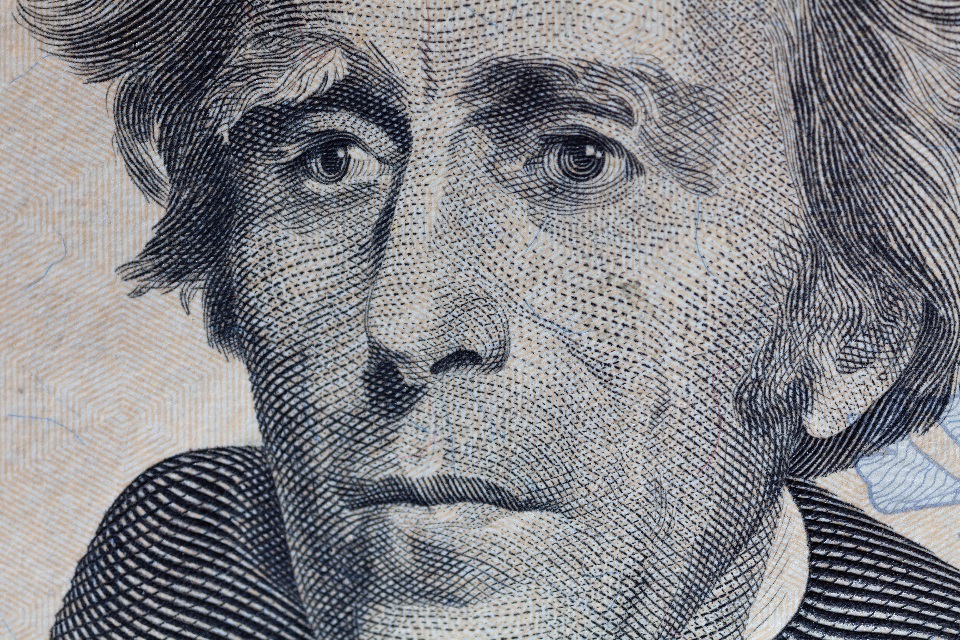
2. Andrew Jackson
In 1828, Andrew Jackson faced John Quincy Adams. Adams, former Secretary of State and the son of President John Adams. Jackson himself was no stranger to politics as he served in both houses.
Still, his reputation was due to his results on the battlefield. His supporters referred to him as a “writer” and a “warrior.” In the elections, he was a clear outsider, yet he won by a landslide.
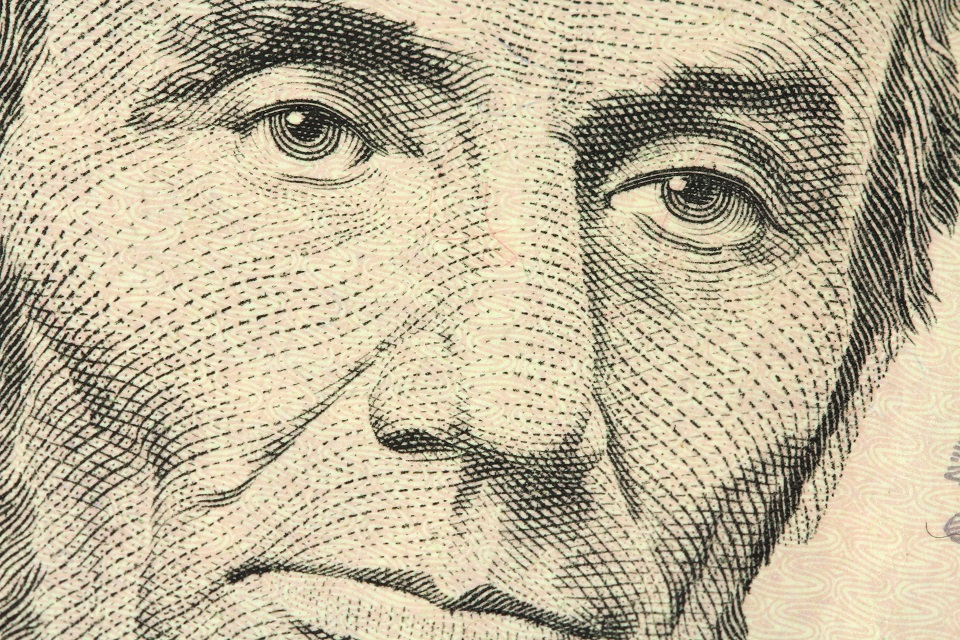
3. Abraham Lincoln
Abraham Lincoln won the elections in 1860. He ran as a representative of the working class. He had political experience as he spent eight years in the Illinois House of Representatives, two years in the U.S. House of Representatives, and many years as a lawyer.
Lincoln was an outsider in Washington, especially compared to his rival William H. Seward, the governor and senator of New York. But as we all know, Abraham Lincoln won the primary elections.
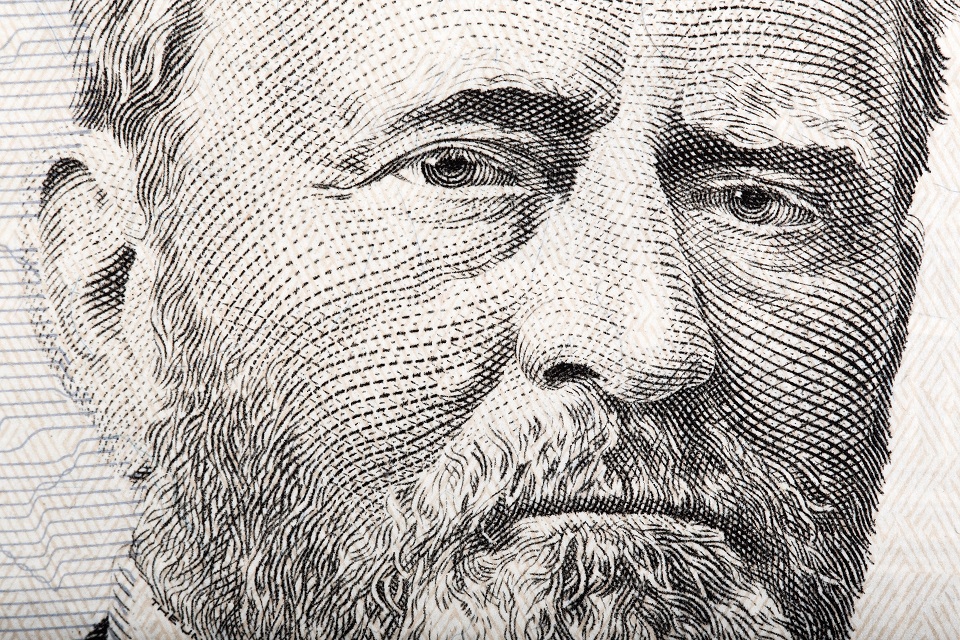
4. Ulysses S. Grant
In 1872, the presidency was won by Grant. Before becoming President, he was described as a tanner and his professional partner Henry Wilson as a shoemaker.
In fact, due to his lack of funds before presenting his desire to run for office, he had to get funded by influential businessmen from the time like Cornelius Vanderbilt, Jay Cooke, and John Astor.
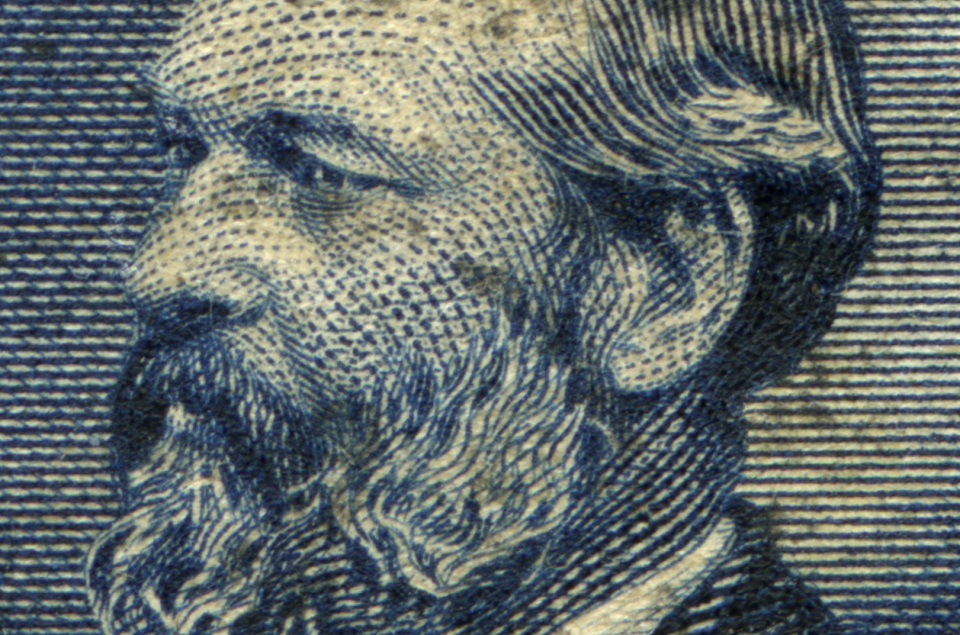
5. James A. Garfield
In 1880, “Farmer” Garfield, as he was called, won the presidency. He was actually born in a small wooden house but steadily rose ranks in his region.
He loved to play with his qualifications as an outsider on this campaign poster, portraying himself as a peasant but focusing on putting an end to falsehood, slander, and fraud. As it turns out, his strategy won the elections.
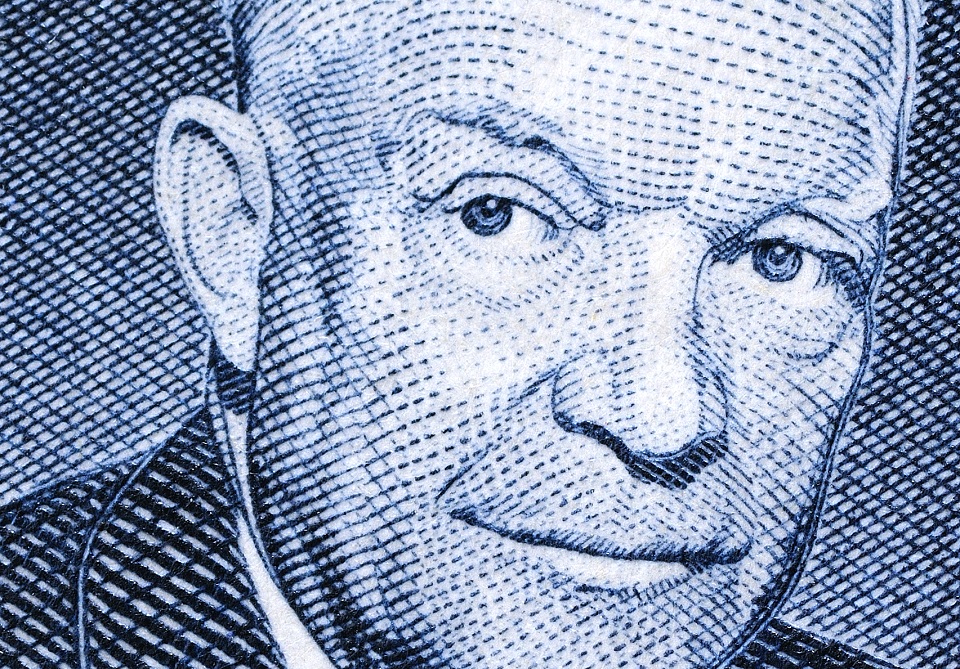
6. Dwight D. Eisenhower
In 1953, Eisenhower was sworn in as President, yet he never held an elected office. As a soldier, Eisenhower served as the Supreme Allied Commander of the Allied Expeditionary Force in World War II. In that role, he organized the “D-Day” offensive and helped end the war on the European battlefront.
After the war, Eisenhower was appointed as the military governor of the U.S. occupied territories. In November 1945, he returned to Washington as the Chief of Staff of the Army. Later, Eisenhower was appointed the highest commander of the NATO Allied Forces.
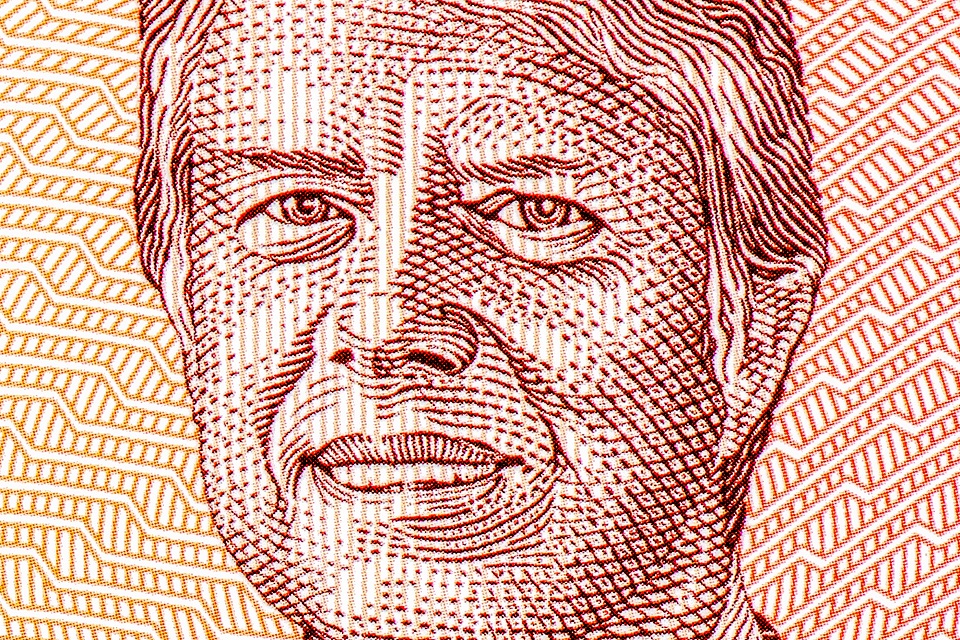
7. Jimmy Carter
In 1976, Jimmy got to the oval office. Until the late 1960s, Carter boasted of his peasant education. Still, it didn’t serve him well at the infamous 1968 Chicago Democratic Convention. After the disastrous nomination of that year, the number of state primaries increased.
The resulting reforms began to shape the primary election process. He won the seat as governor for Georgia in 1971. And then he ran for the oval office in 1975.
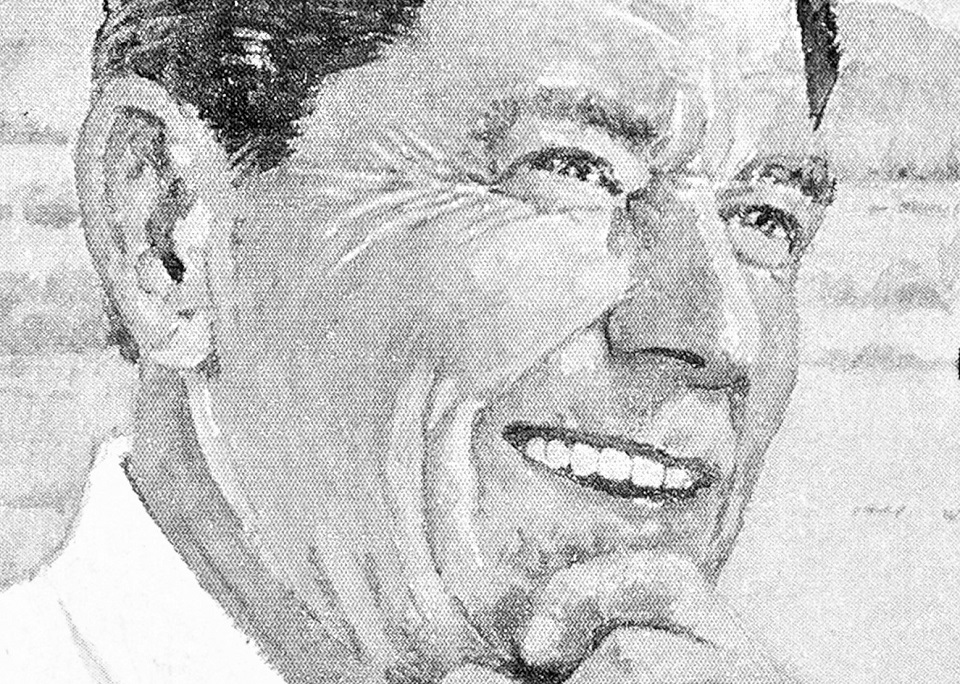
8. Ronald Reagan
Ronald is considered one of the biggest political outsiders in American history, with good reason. He won the presidency in 1984. In the 1980 reelection campaign, Carter’s side completely forgot their successful 1976 “political outsider” strategy. This opened the door for Ronald Reagan to defeat Carter at his own game and win the presidency in 1980.
Reagan came from a low-income family in Illinois. He then had a career as an actor. When Reagan played his cards as the political outsider, he got elected and stayed in the White House for eight years. Even when he ran for reelection in 1984, Reagan managed to present himself as an “outsider”!
RELATED POST: 8 Jobs Presidents Had Before Getting Into Politics


